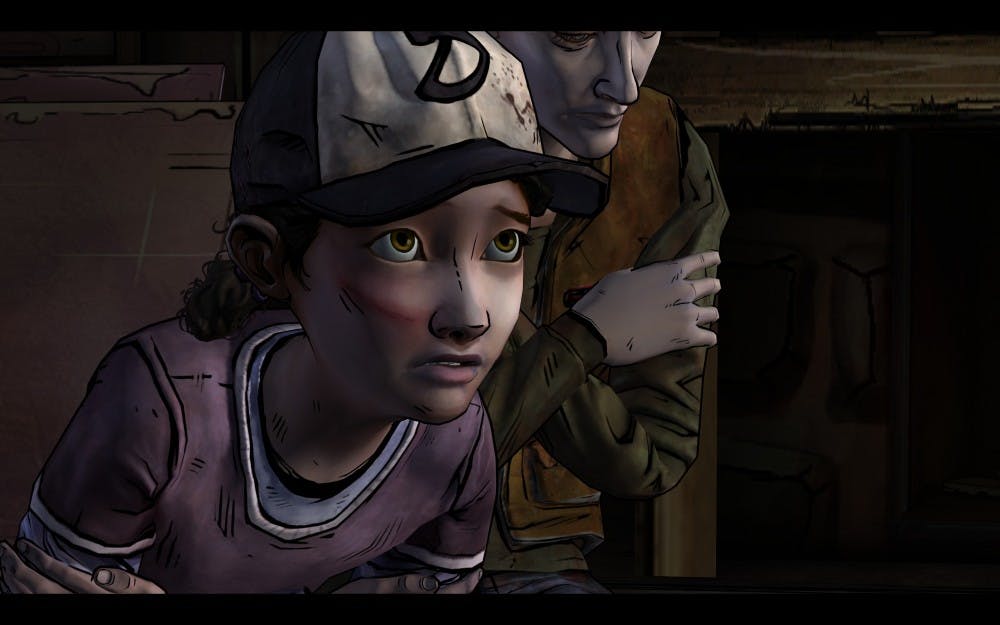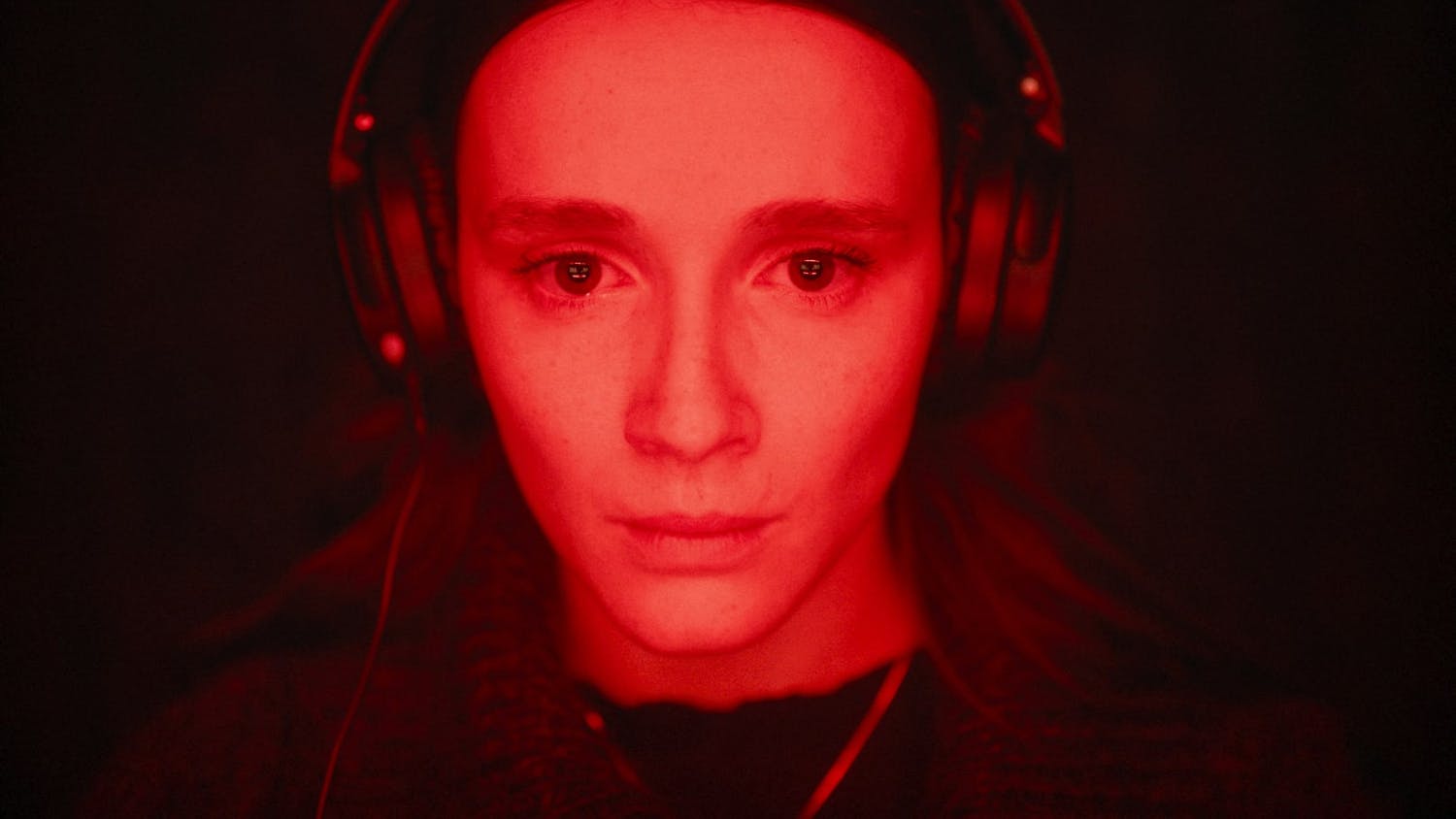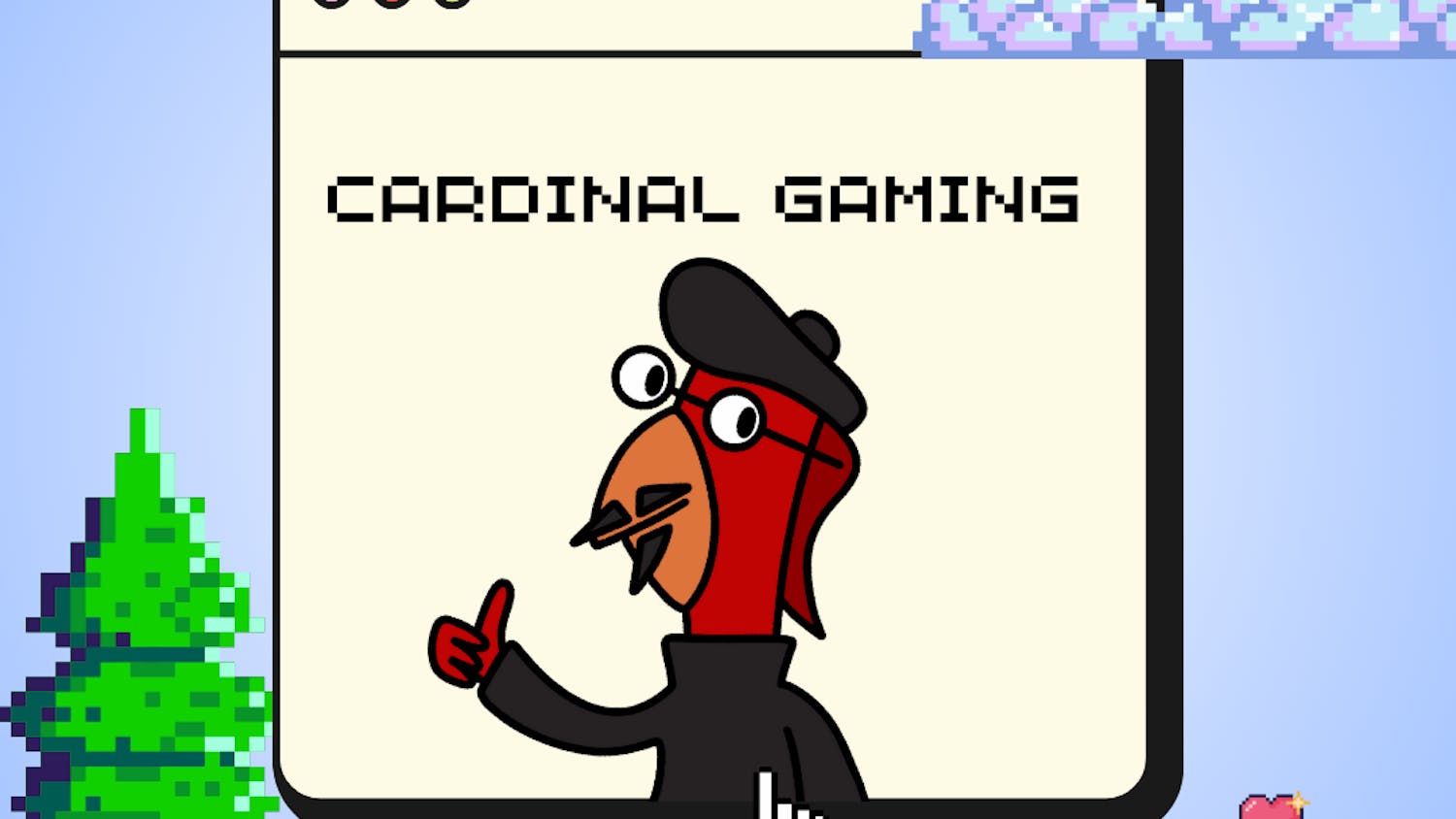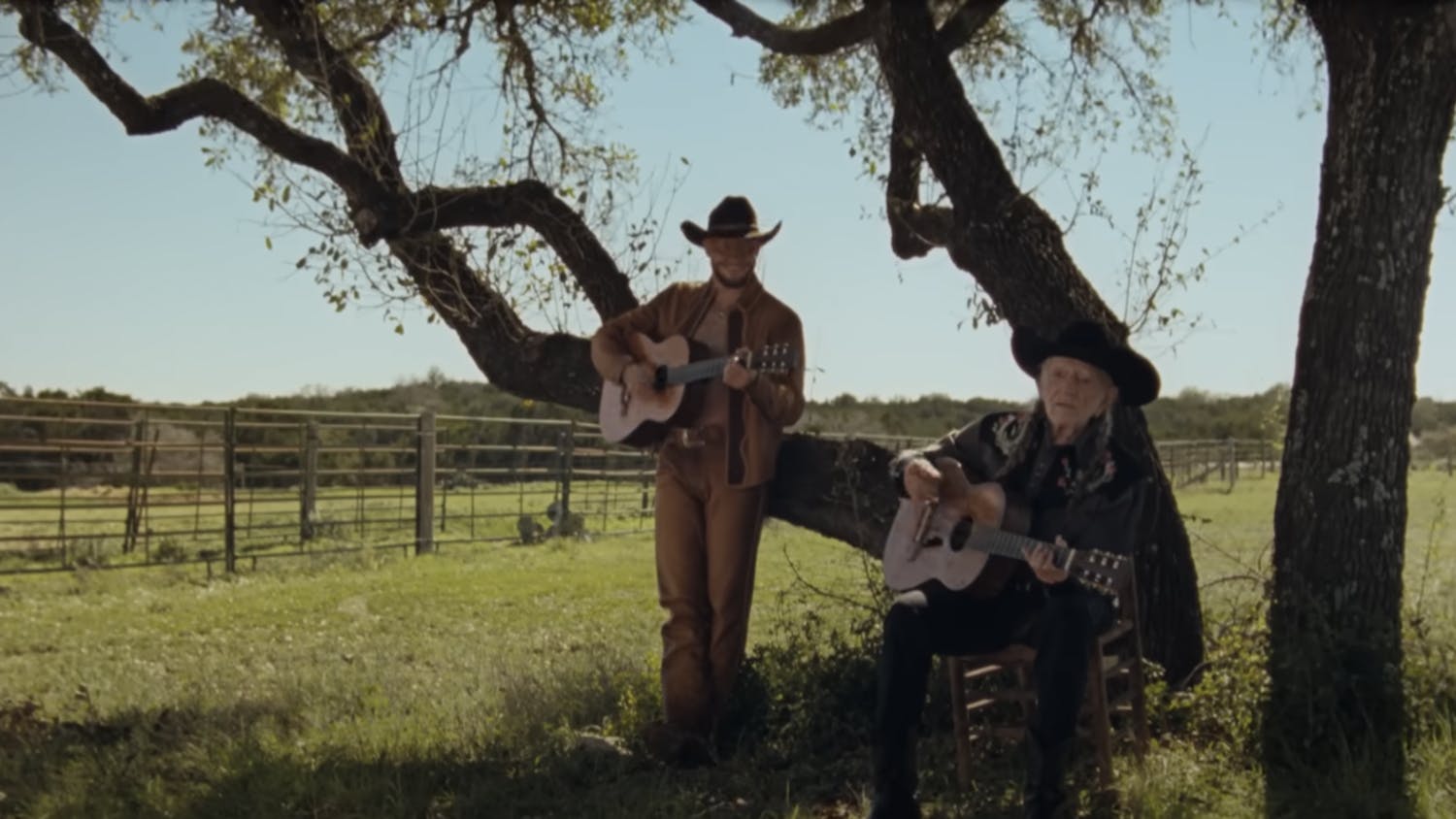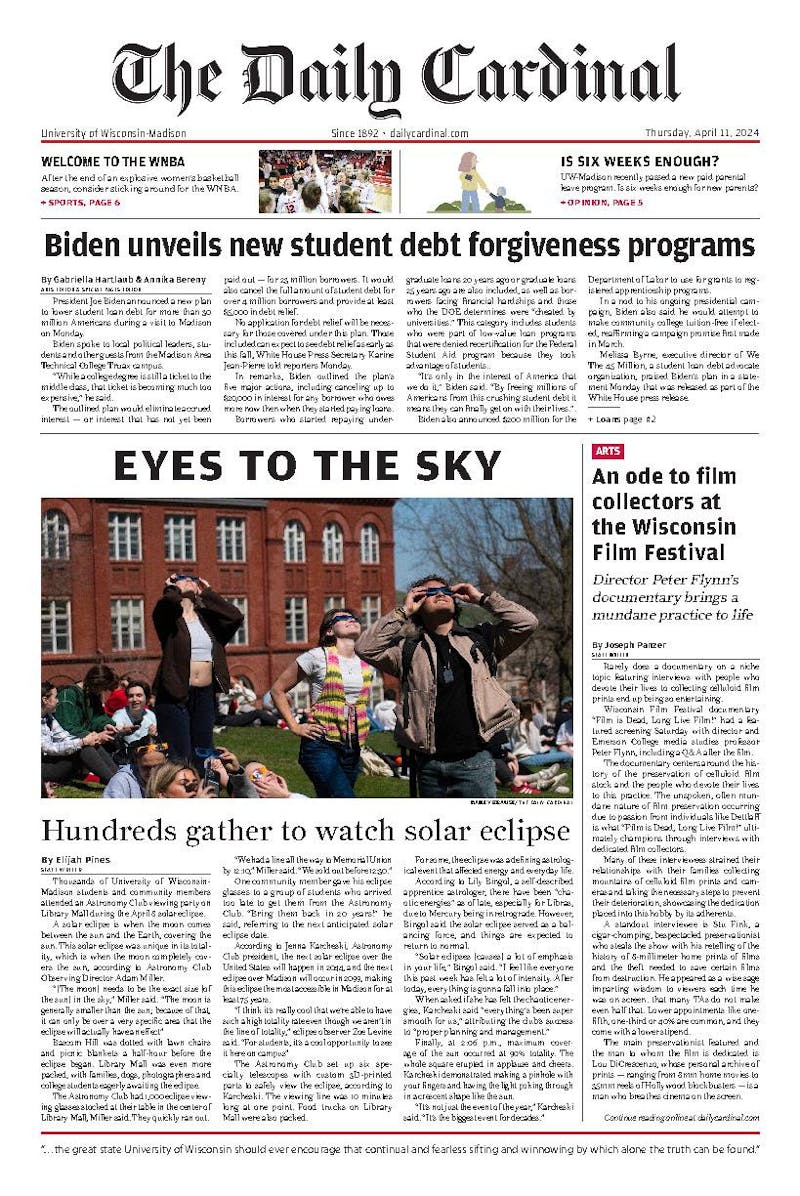This sucks.
There’s not really a lot more to say about it than that. This was a terrible thing. It was terrible for the industry. It was terrible for fans. And most of all, it was terrible for the 275 people who were fired with little to no notice, given no severance and tossed out into the marketplace to fend for themselves.
The worst part is that this is all routine, an industry standard. Unlike other entertainment industries — film, television, etc. — game developers have few protections. There are no unions. There’s no working studio system. There is no video game equivalent of the Screen Actors Guild.
Most of the time when a major developer completes a game, the majority of devs are summarily fired with minimal, if any severance — many were contract workers to begin with. Telltale was still acquiring employees in the weeks leading up to its majority closure, moving people halfway across the country only for them to have no job when they show up.
We can talk all day about how Telltale probably drove itself out of business: stretching itself too thin with too many projects; focusing on short-term goals rather than long-term profit saving measures (like investing in a physics engine that could realistically animate a ball rolling across a floor); not doing enough debugging; not doing enough quality assurance (QA) testing; doing more than making the same basic game over and over on the same engine and forcing your employees into unpaid overtime to compensate for a lack of high-level innovation.
"Telltale was only following the leaders, and their only mistake was thinking they were big enough to get away with it all."
We could talk more about those points, but from a certain perspective, Telltale did everything right. Look at the biggest publishers: Electronic Arts, Ubisoft, Bethesda, Sony. All of them operate along these lines, as it’s the big corporation thing to do — chase the tiny profit margin, appease shareholders, leave the employees and customers to take the blowback. Telltale was only following the leaders, and their only mistake was thinking they were big enough to get away with it all.
The chances that this could happen again with a game dev that employs thousands of people, as compared to Telltale’s 300, are disturbingly likely. Either better business practices need to come into vogue, or this will all happen again.
I considered doing this column last week, but there was still too much up in the air. The extent to which Telltale’s closing would affect their employees and current projects was still unclear — the takes were still very hot.
Now that the dust has settled, the human damage is evident. I’ll get to that in a moment.
Exactly when Telltale will close their doors for good remains unknown. Twenty-five people remain employed at the studio in order to finish a “Minecraft: Story Mode” interactive series for Netflix. All other projects have been canceled, including the upcoming “Stranger Things” game (though Netflix says it’s already looking for another developer) and the partially-finished “The Walking Dead: The Final Season.”
It’s undoubtedly depressing from an artistic standpoint. The people who paid for “The Final Season” of the "Walking Dead" game will never get to see what they paid for, and the people who designed it will never get to make their vision real. People who loved earlier Telltale projects will also never get to see long-awaited sequels.
Unless someone picks it up, “The Wolf Among Us: Season 2” is never coming. Nor is the second season of the “Game of Thrones” video game. Or “Guardians of the Galaxy.” Or “Tales from the Borderlands.” Any media company that runs for 14 years is going to scoop up a lot of hearts in the process.
"If there’s ever been a deeply connected community, it’s gaming."
But it’s no excuse for any ignorance paid by the hundreds now out of a job. Everybody’s first step, fans included, should be to provide support to the people directly affected by this. From an outsider’s perspective it may not seem like there’s a lot of ways to do this, but if there’s ever been a deeply connected community, it’s gaming.
Despite the common perception, this industry encourages people to socialize more than most any other. Social media has been lighting up with people searching for ways to employ these out-of-work developers. Emily Grace Buck (@emilybuckshot on Twitter) has become an amazing coordinator on this front. #TelltaleJobs has become a trending hashtag for those trying to show their support and help connect people needing jobs with people needing workers.
Things shouldn’t be this way in the first place. Former employees have already teamed together to sue Telltale for the company’s reckless disregard of the law in laying people off with so little notice.
But for now, here is where we are. So on the off chance anybody reading this can provide support to those who need it — or even knows someone who knows someone who can — please, get involved. These people make our hobby possible. They are people, and they deserve better than this.
UPDATE: As of Oct. 6, Skybound Games has picked up "The Walking Dead: The Final Season" and will complete development of the final two episodes.
We’re SO happy to announce that we’ve reached a deal with @telltalegames that will allow Skybound to continue #TheWalkingDead: The Final Season! Let’s wrap up Clem’s story right! More details to come soon. pic.twitter.com/ShyREw65iq
— Skybound Games (@skyboundgames) October 7, 2018
Marty Forbeck is the Daily Cardinal's video games columnist. To read more of his work, click here .

